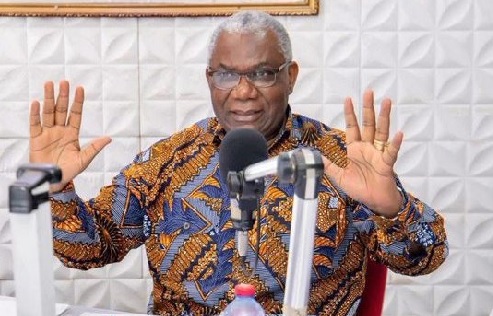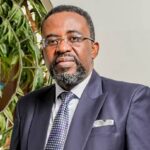A leading member and former flagbearer contender of the New Patriotic Party (NPP), Boakye Agyarko, has sharply criticised the party’s newly announced election calendar, calling it “strategically unsound” and “a recipe for confusion, conflict, and collapse.”
His statement follows a decision by the NPP’s National Executive Committee (NEC) on Tuesday, 17 June, to schedule polling station executive elections for December 2025, followed by the presidential primary in January 2026. However, the timeline leaves elections for electoral area coordinators, constituency, regional and national executives hanging, with no dates announced.
In a strongly worded statement released Wednesday, Mr Agyarko, a former Energy Minister, expressed alarm at what he described as a dangerous departure from logic and longstanding party tradition. “Will you roof a building before laying the foundation?” he asked, accusing the party’s leadership of inverting political logic in a way that undermines internal coherence and threatens the NPP’s electoral future.
“The current roadmap,” he warned, “is a strategic suicide note.”
Mr Agyarko, a stalwart of the party who previously contested in the 2023 NPP flagbearer race, argued that electing a presidential candidate before revitalising the party’s structural organs is politically indefensible. “How does a serious political party plan to elect a presidential candidate before renewing or replacing the very structures meant to support that candidate’s campaign?” he queried.
He also raised pointed questions to the NEC, challenging the body to justify what he sees as a reversal of both logic and democratic convention. Among them: who will coordinate the flagbearer election if constituency and regional executives remain unchanged? And does this move reflect a bid to protect elite interests at the expense of grassroots democracy?
Although the NPP has not publicly responded to the statement, the NEC’s timeline appears to be part of broader strategic recalibrations following its loss in the 2024 general elections.
Mr Agyarko’s intervention adds pressure on the party’s leadership to defend the rationale behind the election schedule, which critics say could deepen factional tensions ahead of the crucial 2028 vote.
The NPP, historically known for its methodical internal processes and bottom-up mobilisation strategy, risks eroding that legacy if the concerns raised gain traction among its base. Mr Agyarko’s framing of the issue as one of foundational logic, not personal ambition, may resonate with rank-and-file members anxious about the party’s direction.
In a parting line laced with symbolism, he declared: “Let’s lay the foundation before we raise the flag.”
The coming weeks could prove pivotal for the party’s internal cohesion, as voices like Mr Agyarko’s amplify questions about process, power, and the soul of the party.




